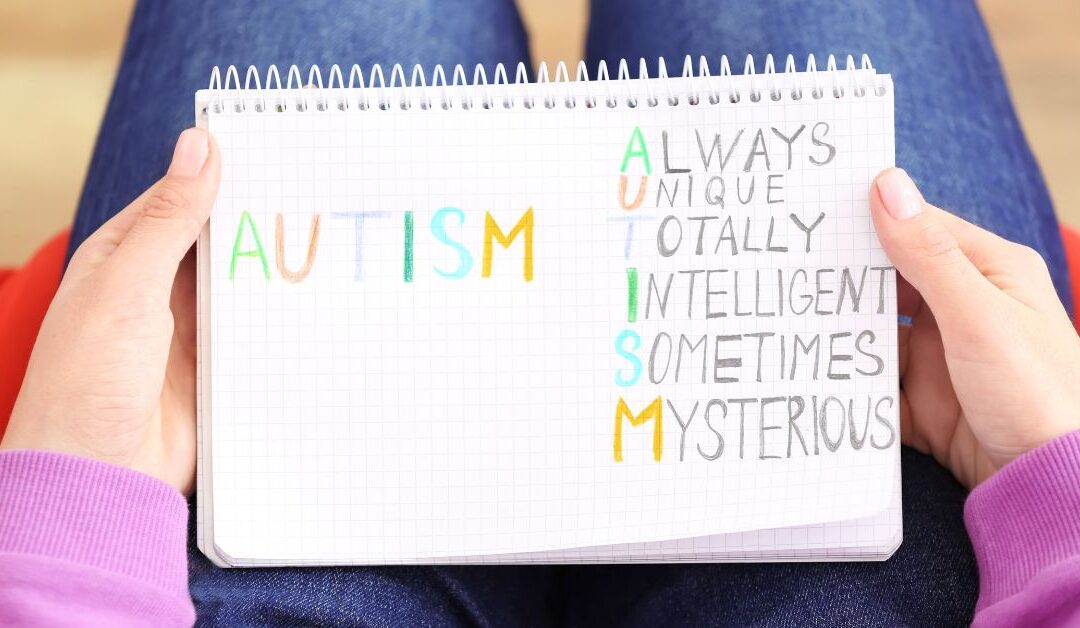April has had a special place in my heart since my son was diagnosed with Asperger’s Syndrome (now part of Autism Spectrum Disorder) at age 4. Back then, the month focused on autism awareness, and now it has evolved to be more focused on autism acceptance. I think that is a good evolution, and it has even more meaning to me as a parent of an autistic child.
Awareness vs. Acceptance
As a parent, I’ve found over the past 15 years since J was diagnosed that many more people are aware of autism. They may not fully understand it, and they instead may lean more heavily in the stereotypes of autistic people that are readily available in popular media. But I rarely meet a person who isn’t aware of autism these days.
I do see people struggle with understanding how autistic individuals operate and approach the world that was made for neurotypicals. They don’t know how to fully accept how autistics fit into their community as neighbors, co-workers, parents and citizens.
Autism Spectrum Disorder is just that – a broad spectrum of capabilities and challenges. We don’t like to use high or low functioning labels, and it makes sense some individuals can be very high functioning in some areas of their lives and lower functioning in others. I’ve started explaining the tiers (levels 1,2 and 3) of autism to help others better understand where my son and others may fall within the spectrum. That seems to be an easier and more accurate way to explain it.
Yet, we have a long way to go in having our autistic children – no matter their age – accepted in this world. Whether it’s at school, church, sports teams or even the workplace, too many of our children still face isolation, bullying and misunderstanding. As parents, we advocate for our kids, teens and young adults every day. We then must teach them how to advocate for themselves.
Stepping up your advocacy for autism

So how can we as parents, caregivers, teachers and other proponents of autistic children and adults seek more acceptance for them? I’ve been asking myself this question a lot lately. What can I do? Then if I can do it, you could do it too.
Here are some things I’ve thought of that I can do to help:
- I can help my son live his best life by continuing to get him the help he needs for struggles he has. He has a great therapist to help with his depression. J has a wonderful job coach through Vocational Rehabilitation. She is helping him find new job that is a better fit for him. I am helping him navigate starting classes again at our community college.
- Although I haven’t paid as much in attention in the past of autism-related policies, I am learning more about that. As policies, regulations and laws are brought forth in all levels of government, I can use my voice to reach out to my legislators and council members to let them know my support or opposition to what they propose.
- I can volunteer my time and talents to support local organizations that serve the autism community. I was a board member for three years for my local Autism Community Connection and felt like I was really helping families affected by autism in our area.
- As I have since J was diagnosed, I will continue to look for opportunities to educate others about autism and what life with it really looks like.
- This blog is one of the ways that I have to help support other parents with autistic children who also have ADHD. I have learned so much over the past 15 years that I want to use that to help others. I also love to research and learn new things, so I want those talents to also benefit others as I share what I learn.
How can you help drive more acceptance for autism?

Ask yourself today what can you do to help strive for more acceptance for your autistic child? If you are overwhelmed, it may be some baby steps you can take. However, if you are in a similar season of life like me where you do have some more time available, maybe there are bigger steps you can take.
Any momentem forward is good and can help progress acceptance of our children in this world.
Leave a comment below to share what Autism Acceptance Month means to you!








